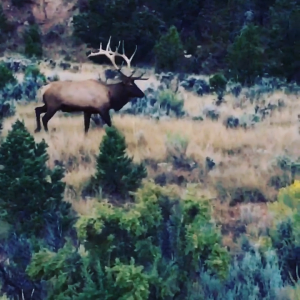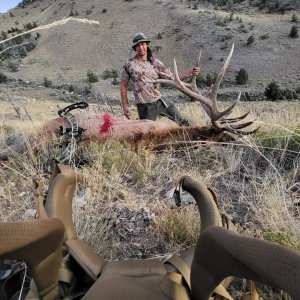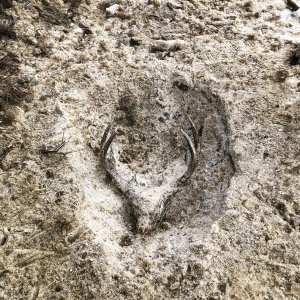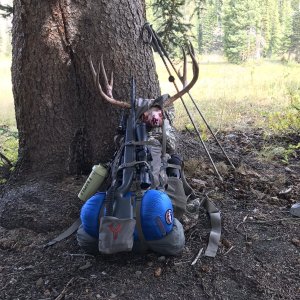I've seen so many things posted on this subject, does anyone have the real scoop on preventing sore muscles when hiking. Being in the medical field I've been told that calcium (take some tums), potassium and Ibuprofen is the real trick to medically reducing this problem. I've heard the Vitamin C thing over and over again, can anyone actually back that one up? Any other remedies? I just spent 10 days hiking all over hell in wyoming and nothing seemed to work. Any Help?
T
T












